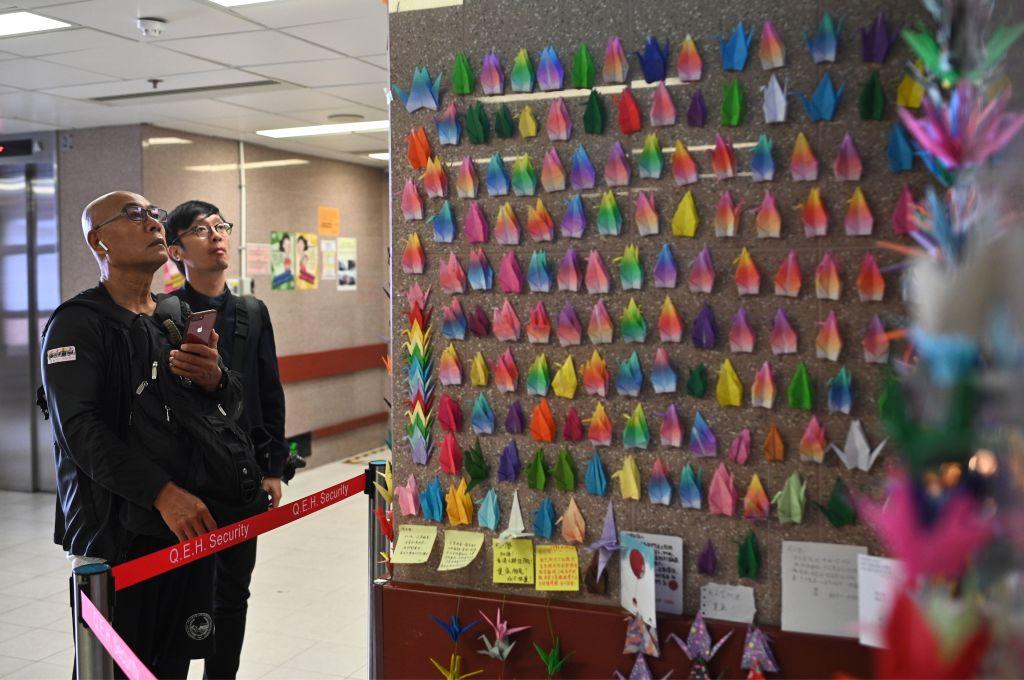In Hong Kong, the death of a local college student marks the first fatality directly connected to police actions since the mass protests started in early June.
Alex Chow Tsz-lok, 22, a computer science student at the Hong Kong University of Science and Technology (HKUST), died in hospital from cardiac arrest at 8:09 a.m. local time on Nov. 8, according to Hong Kong media.




